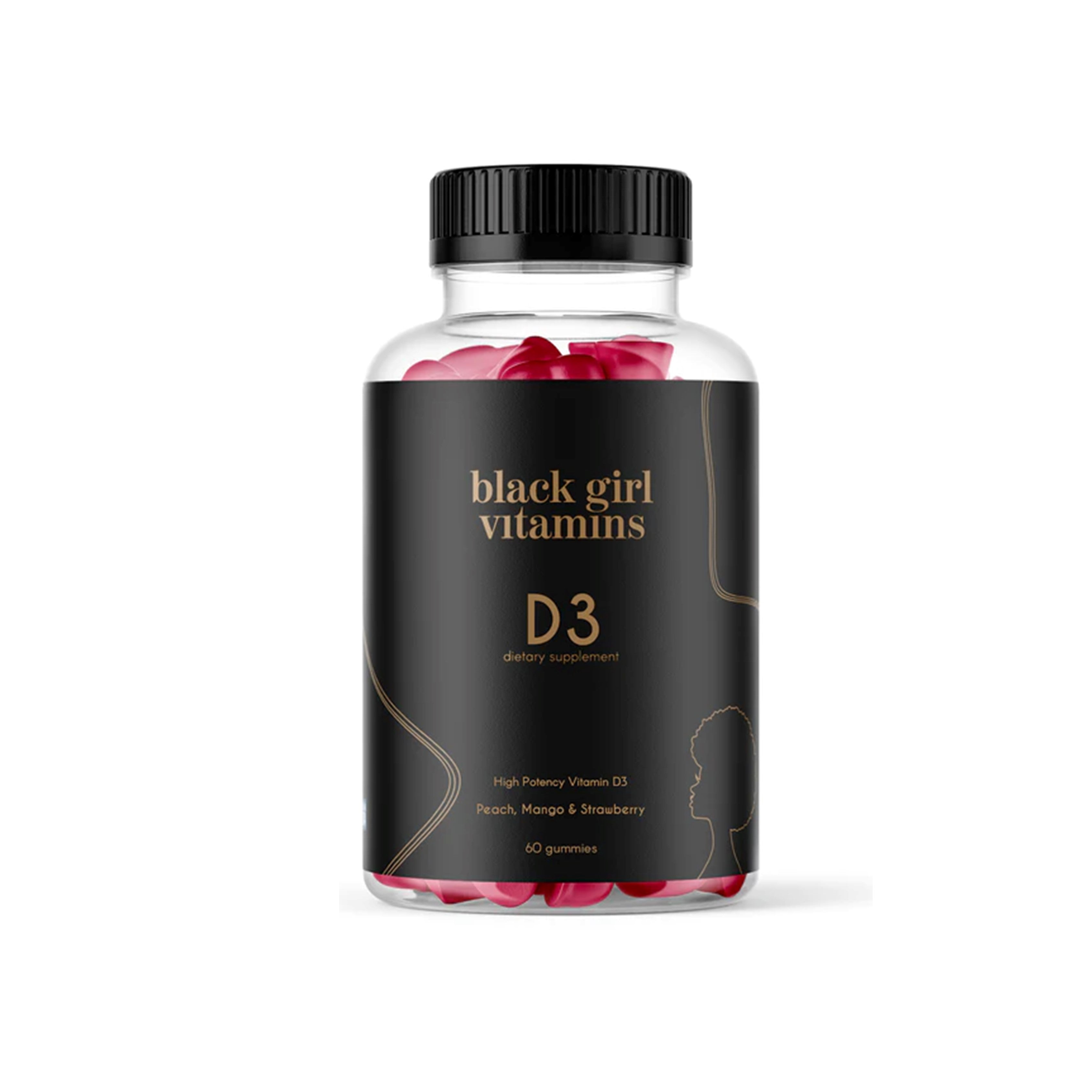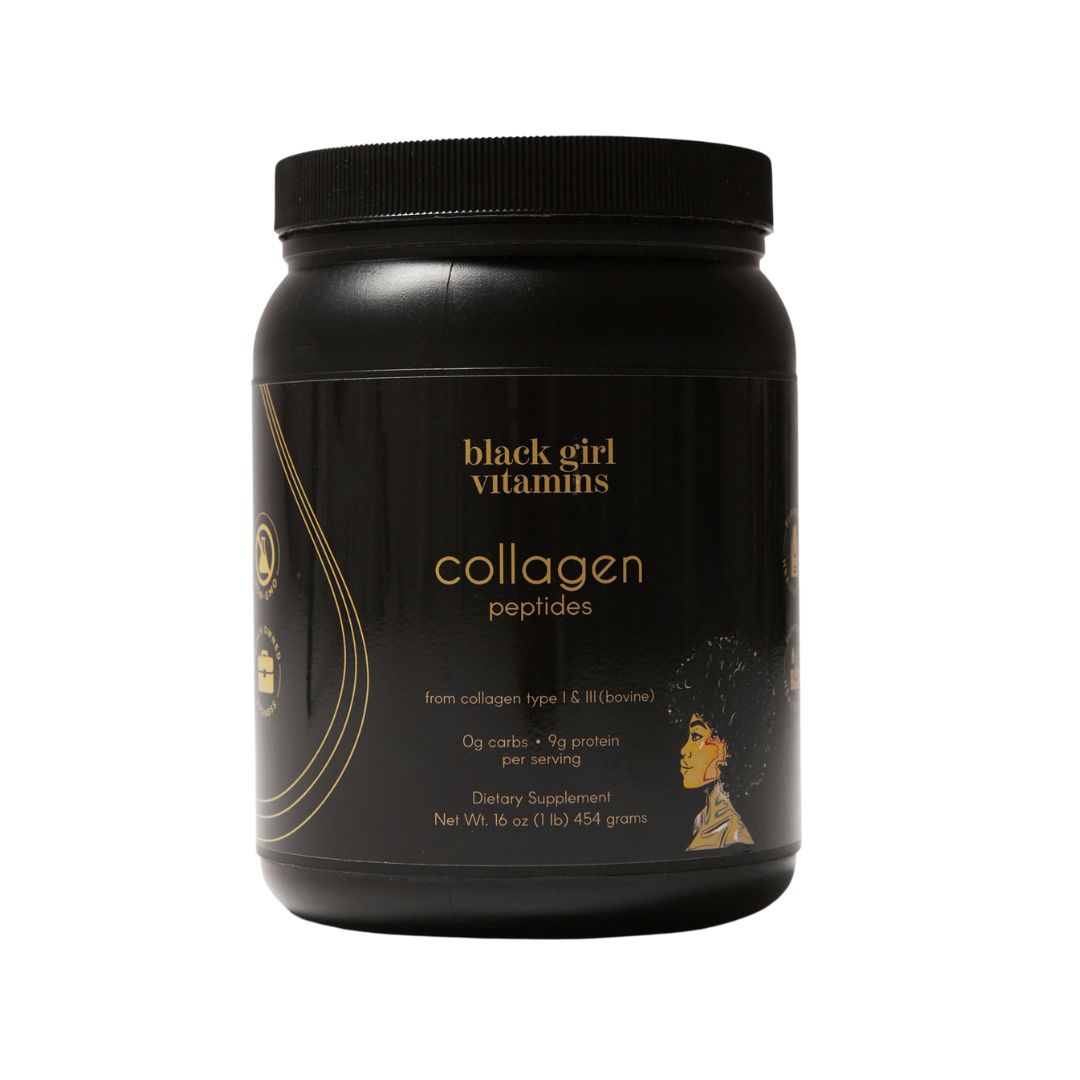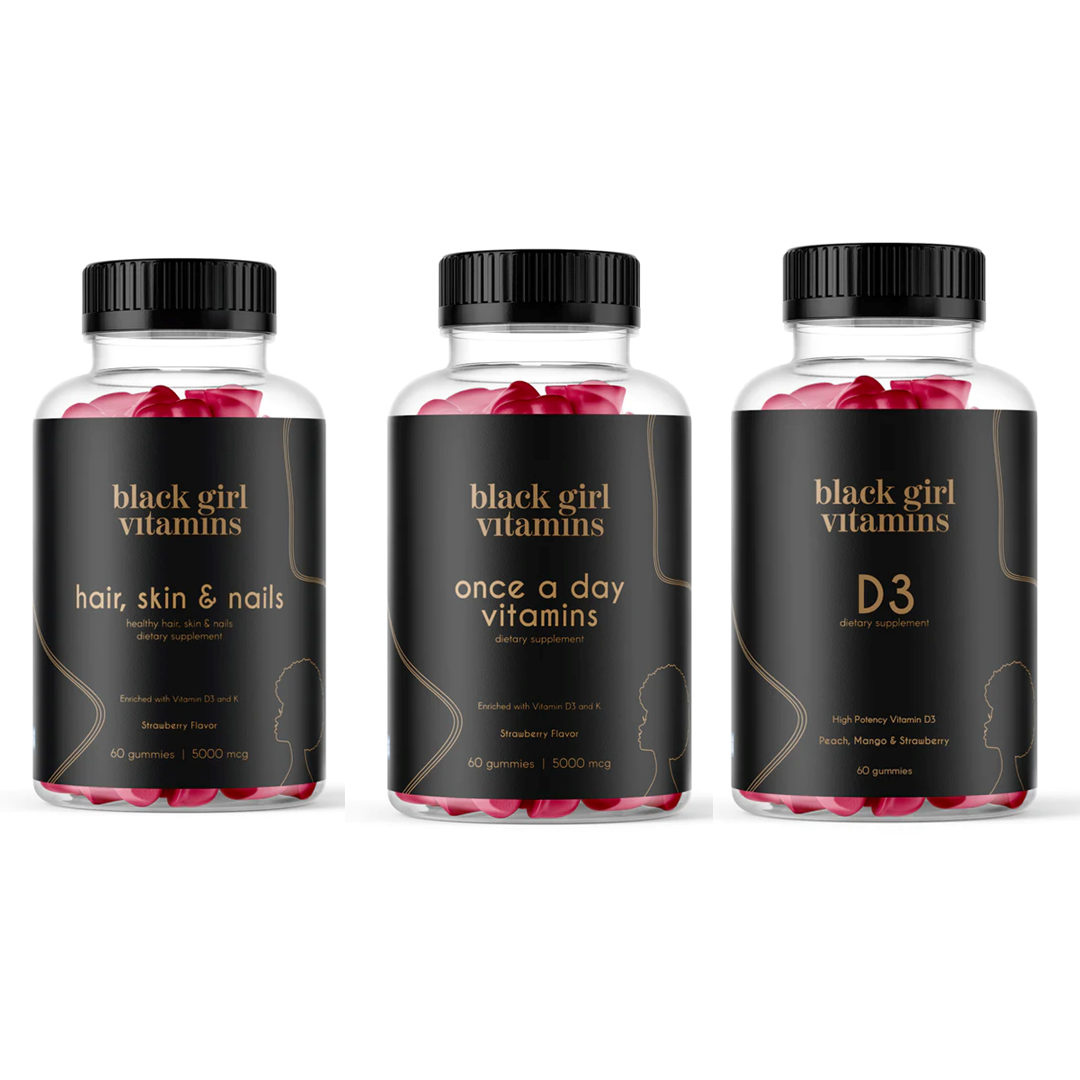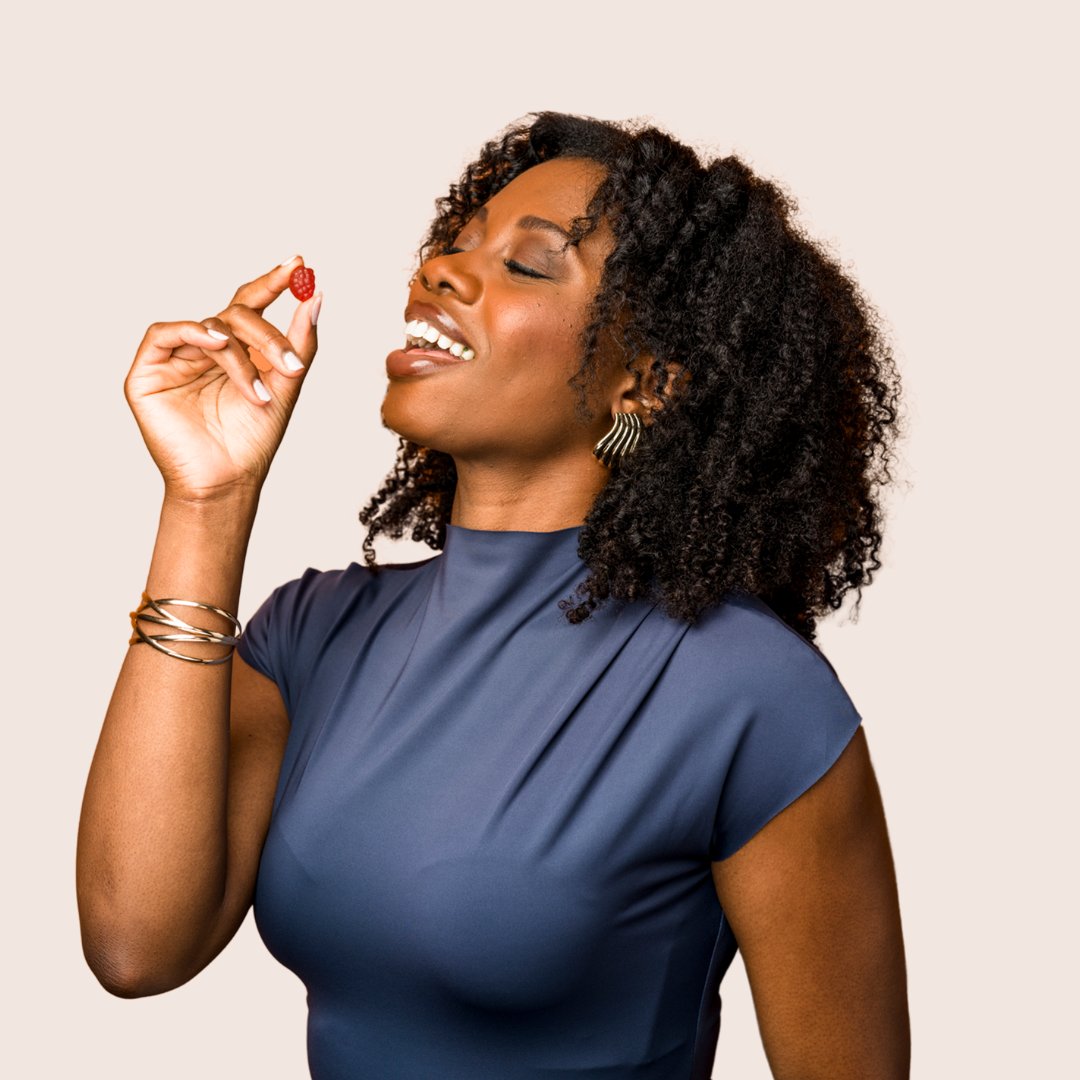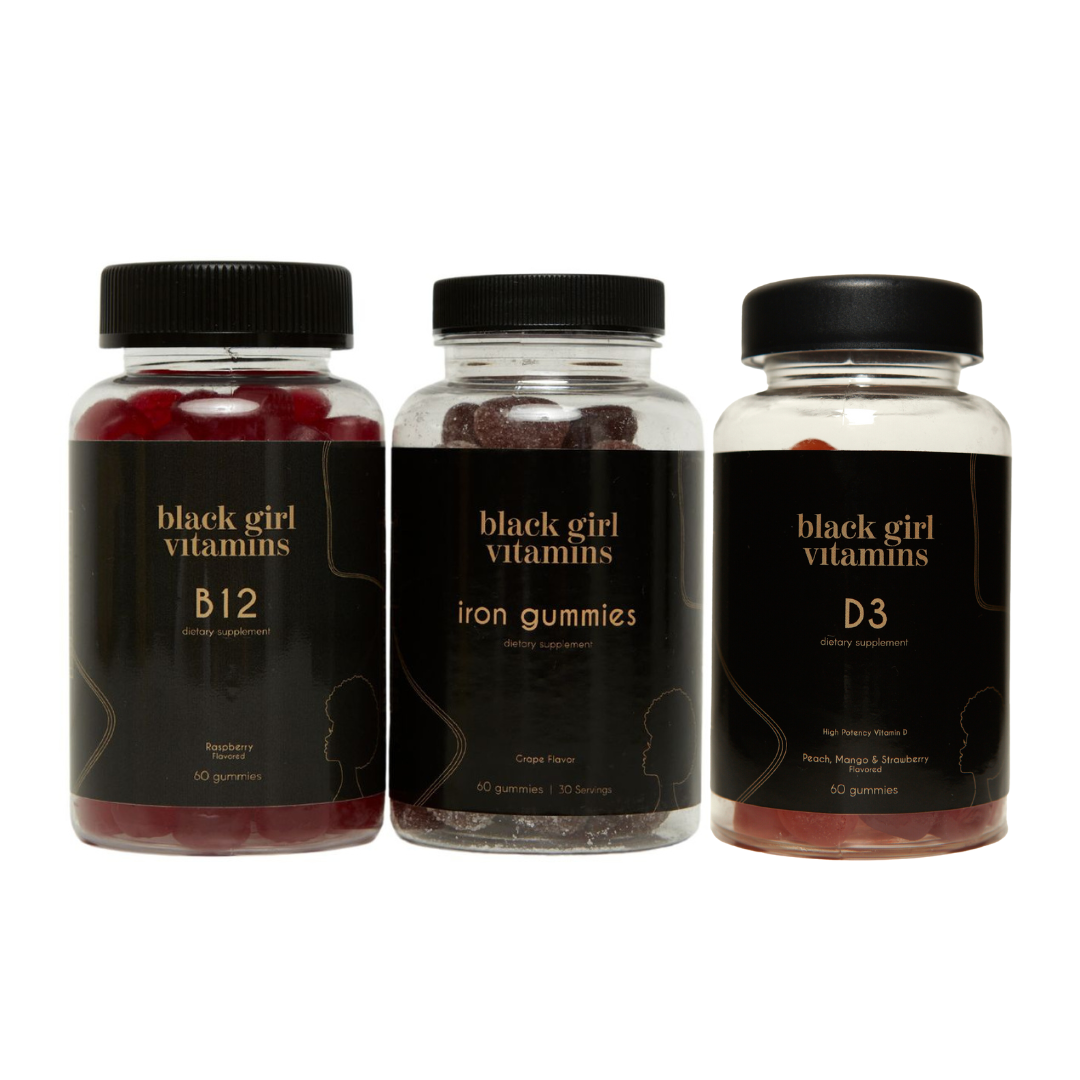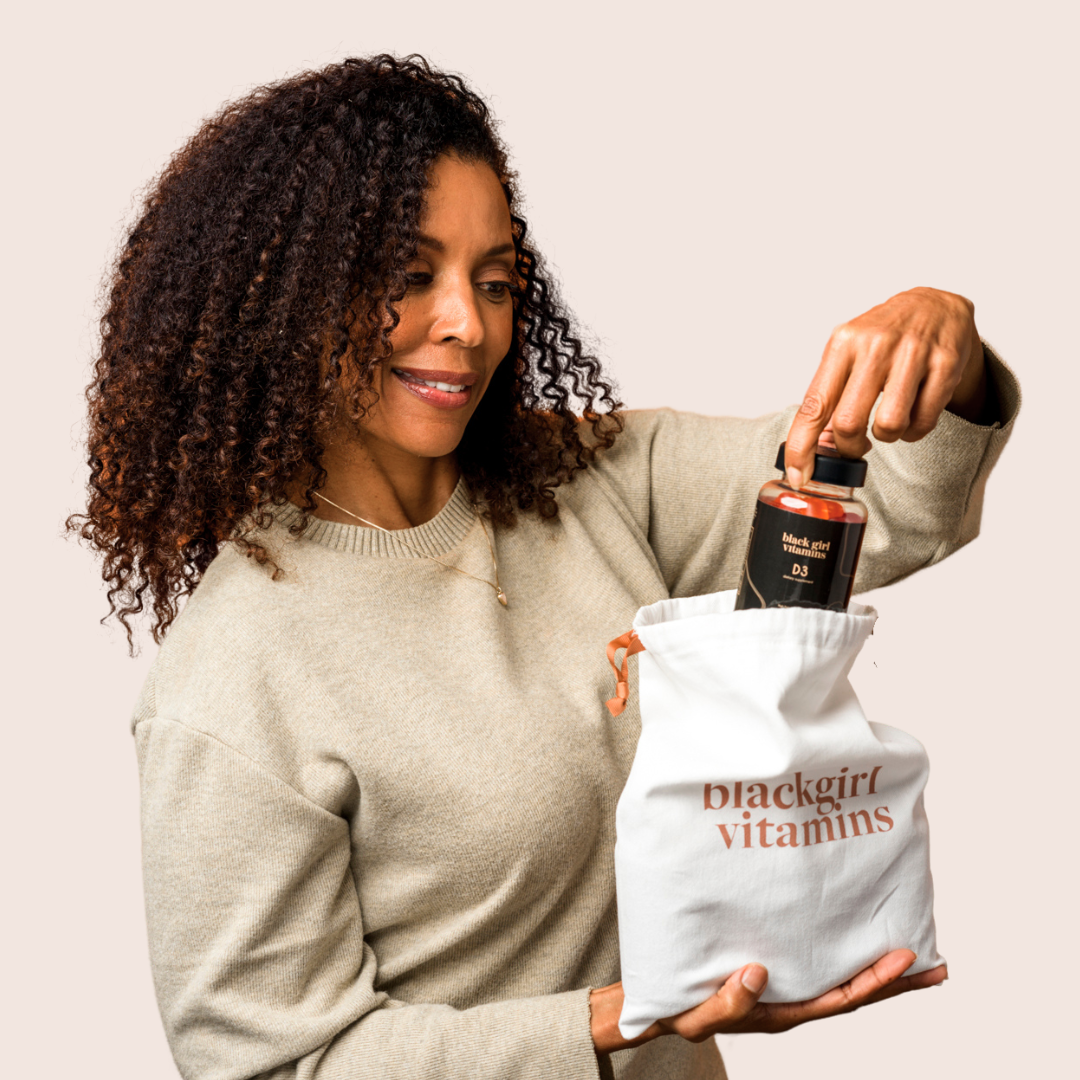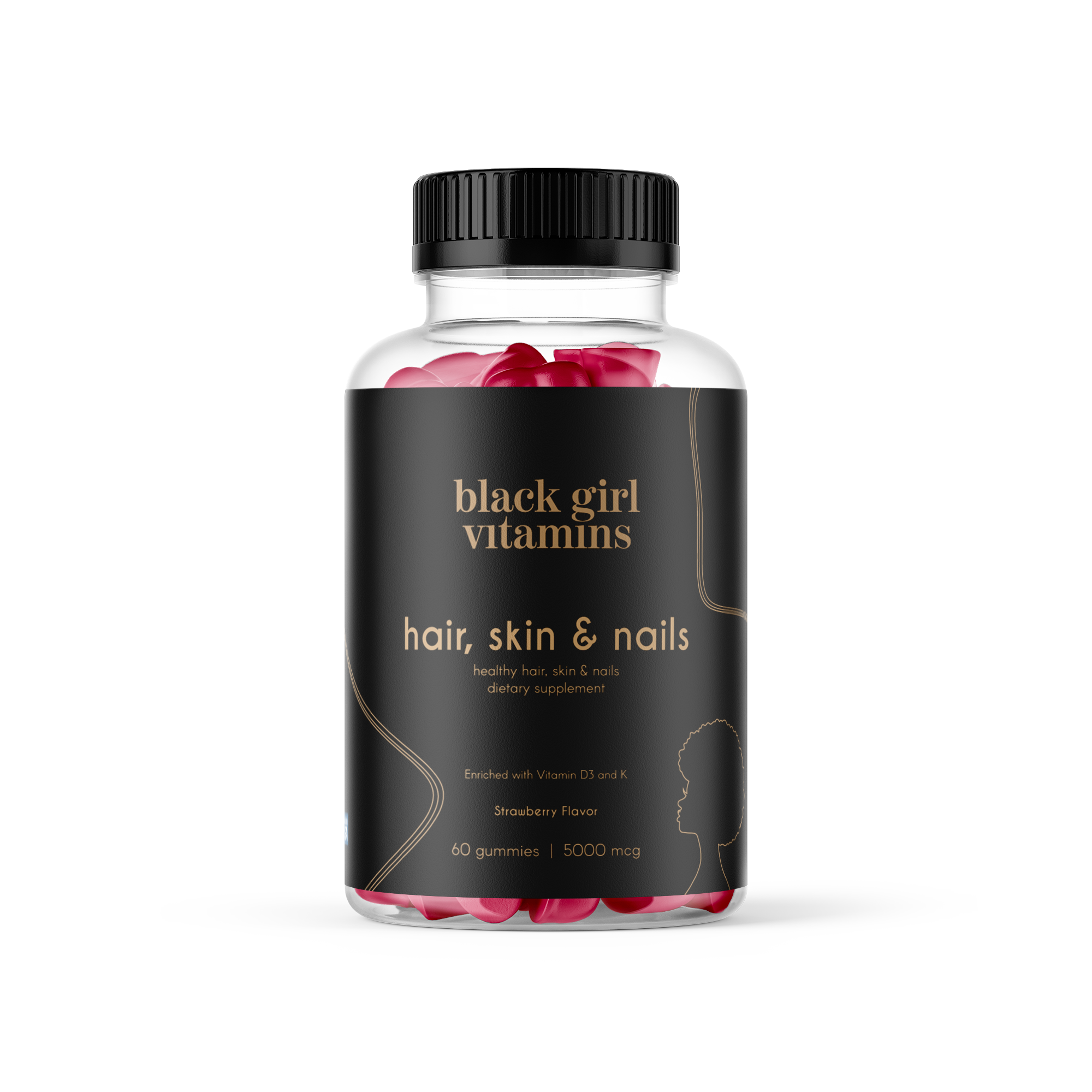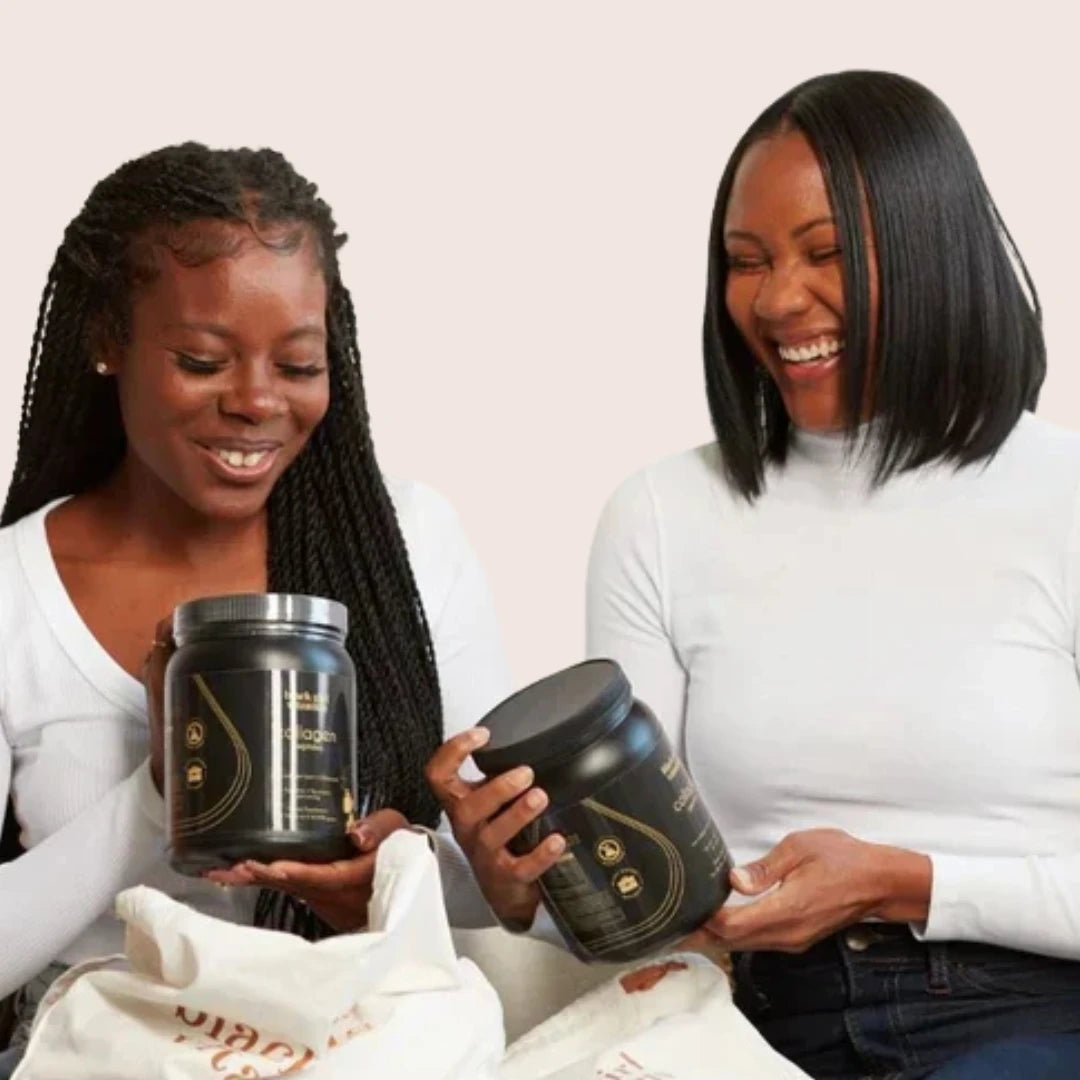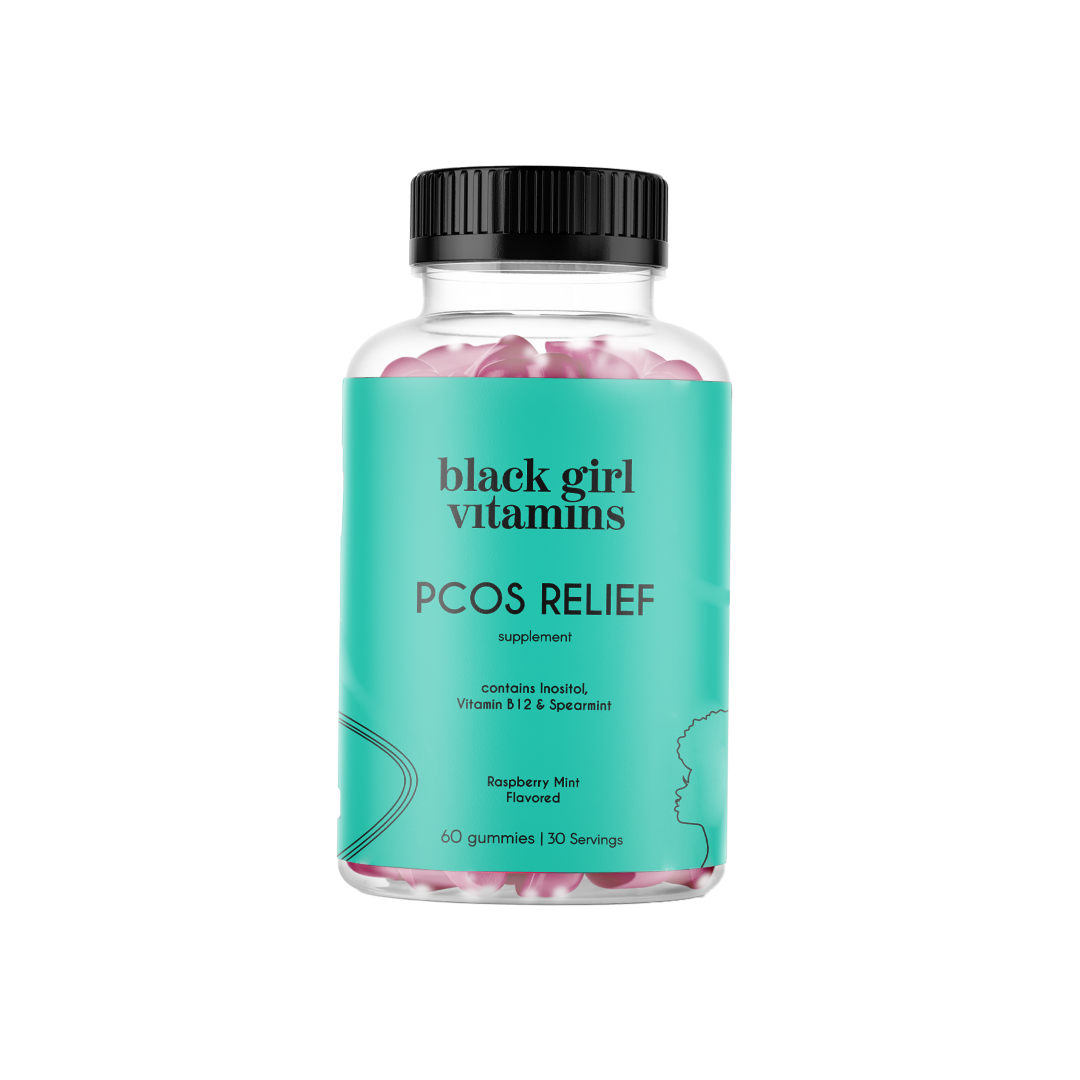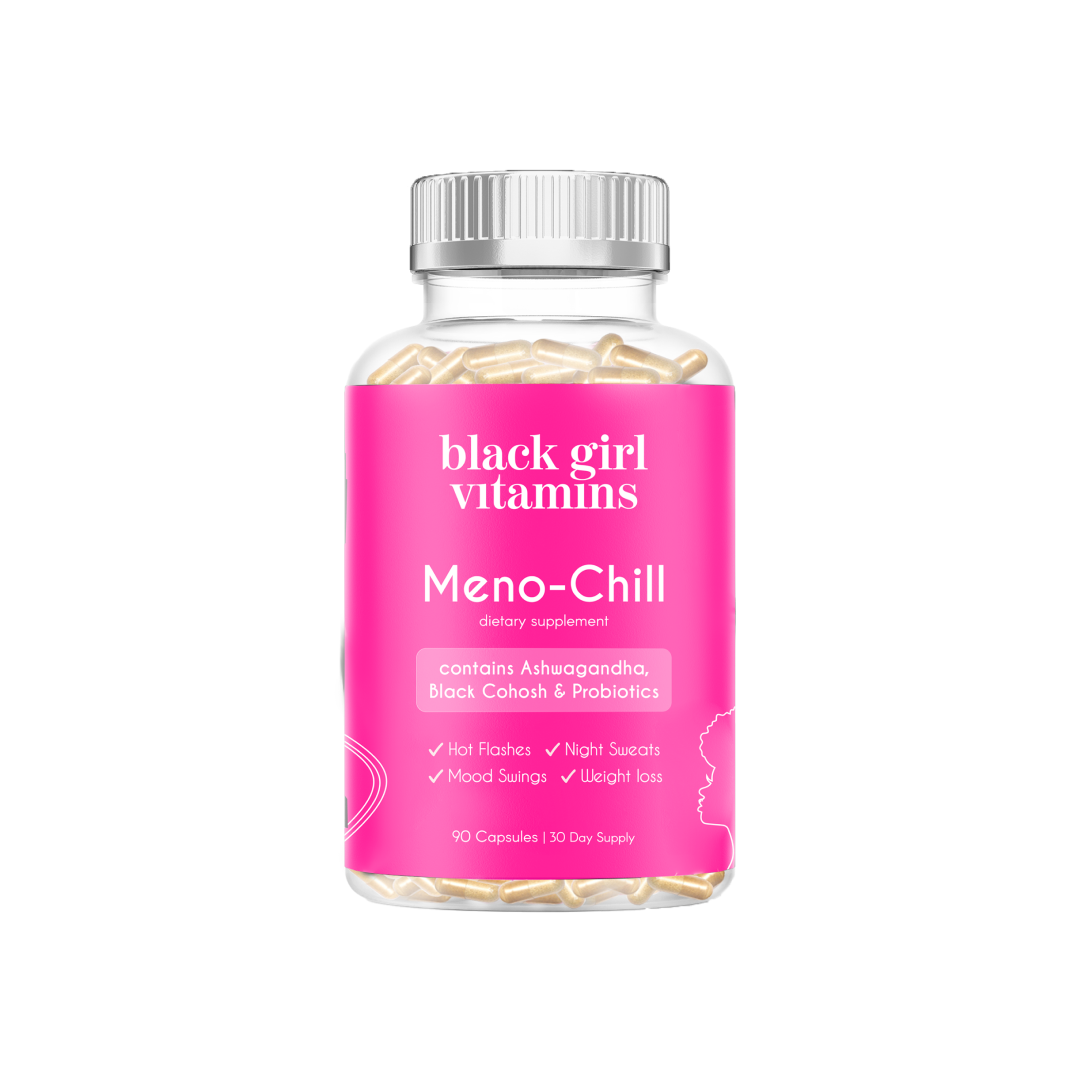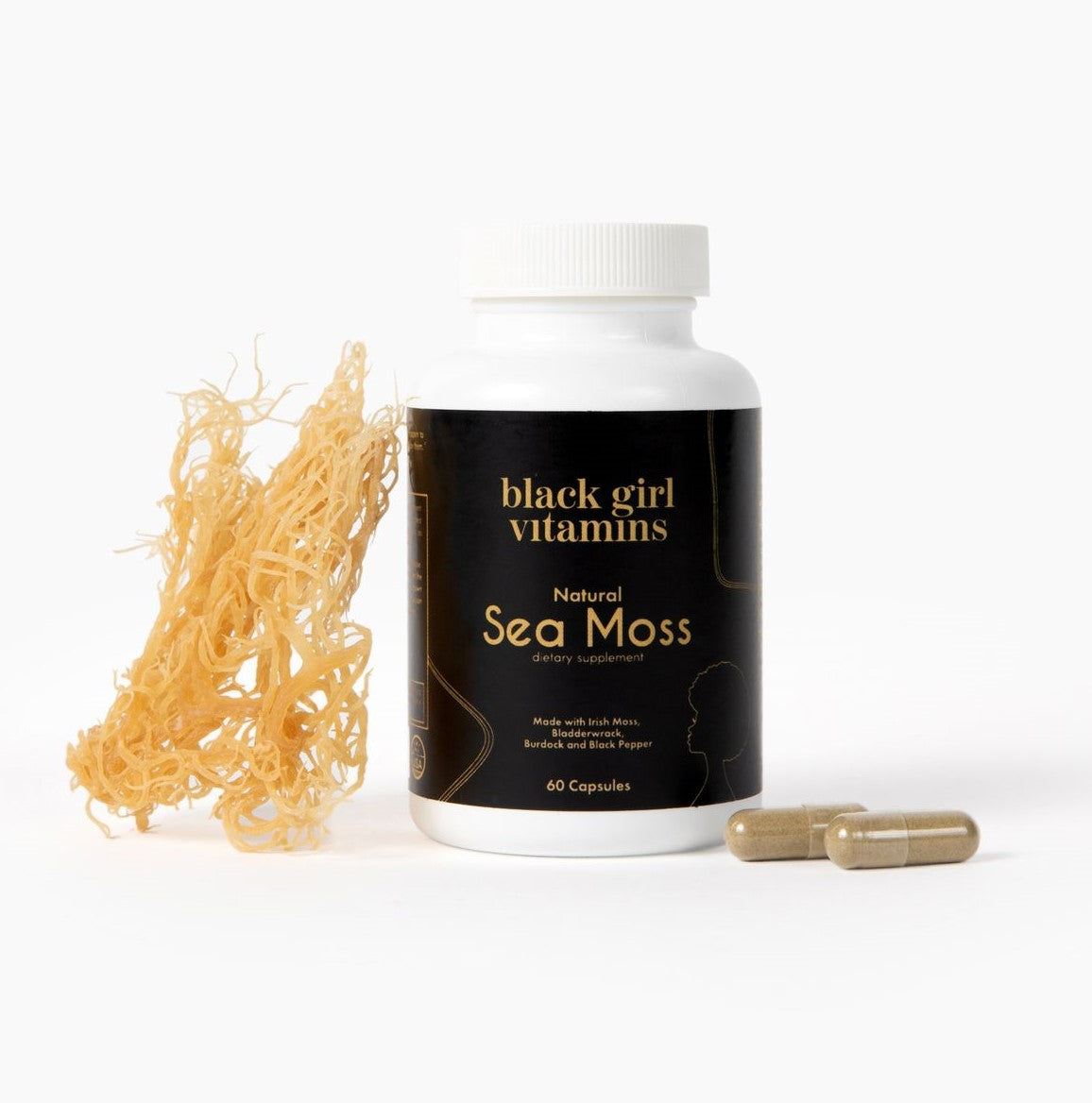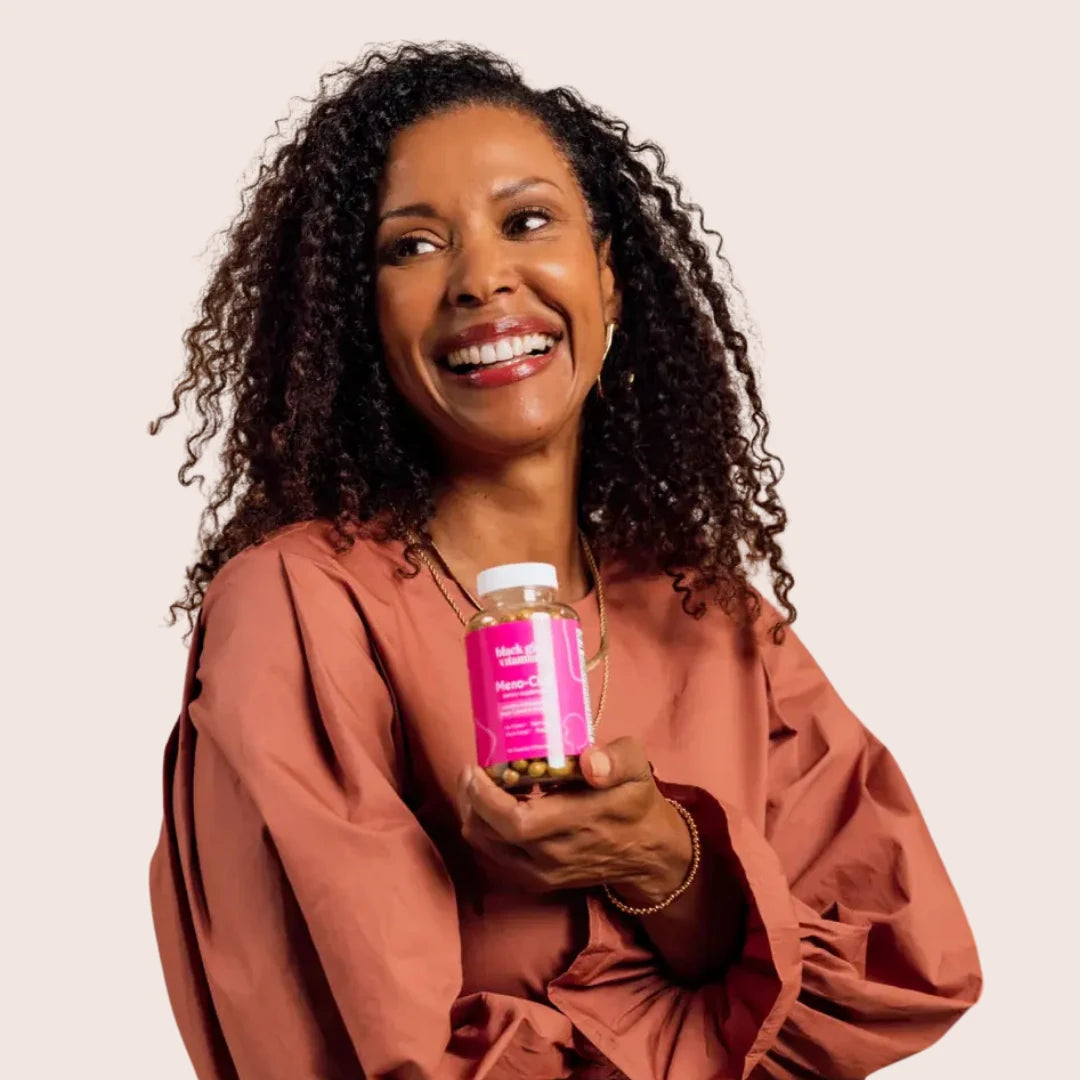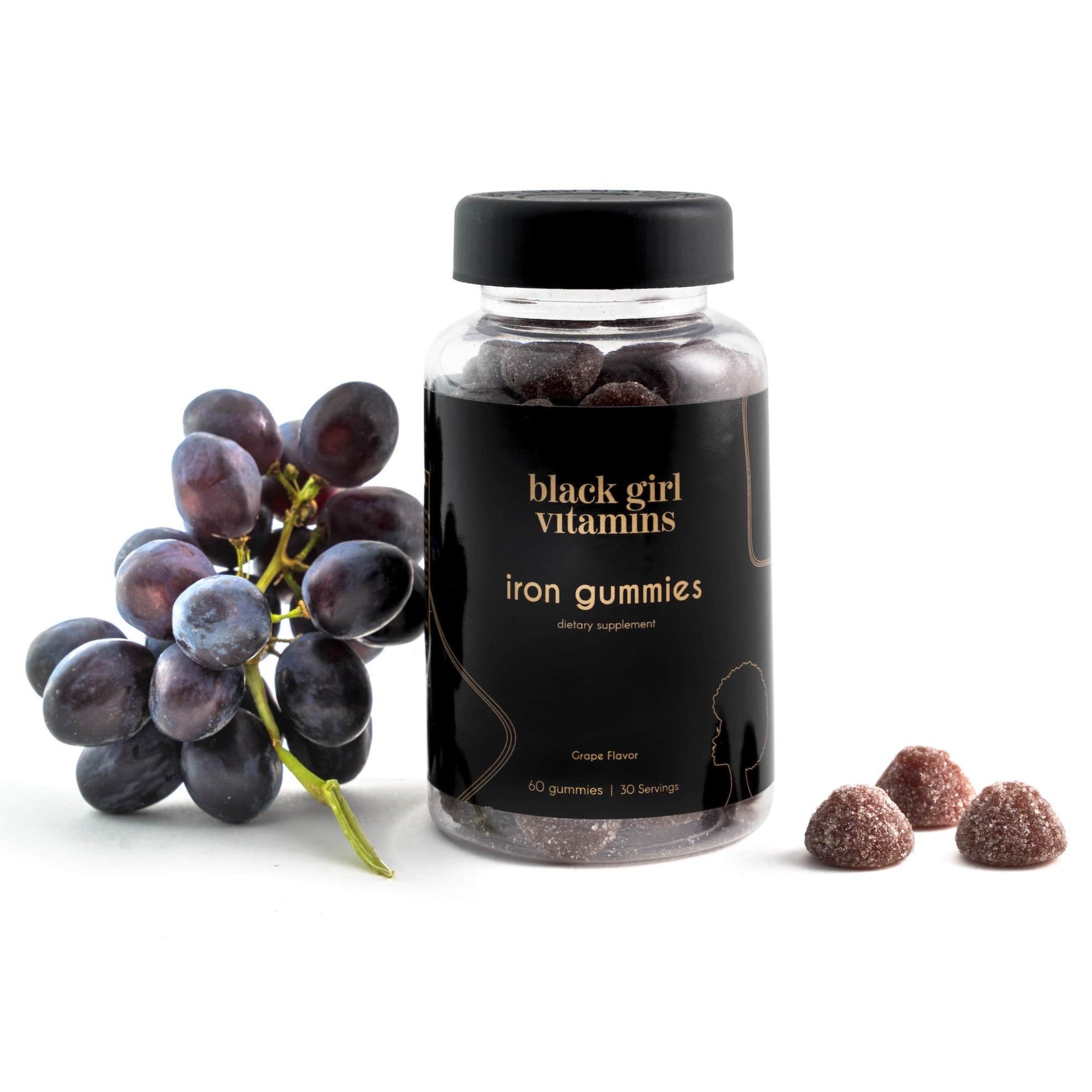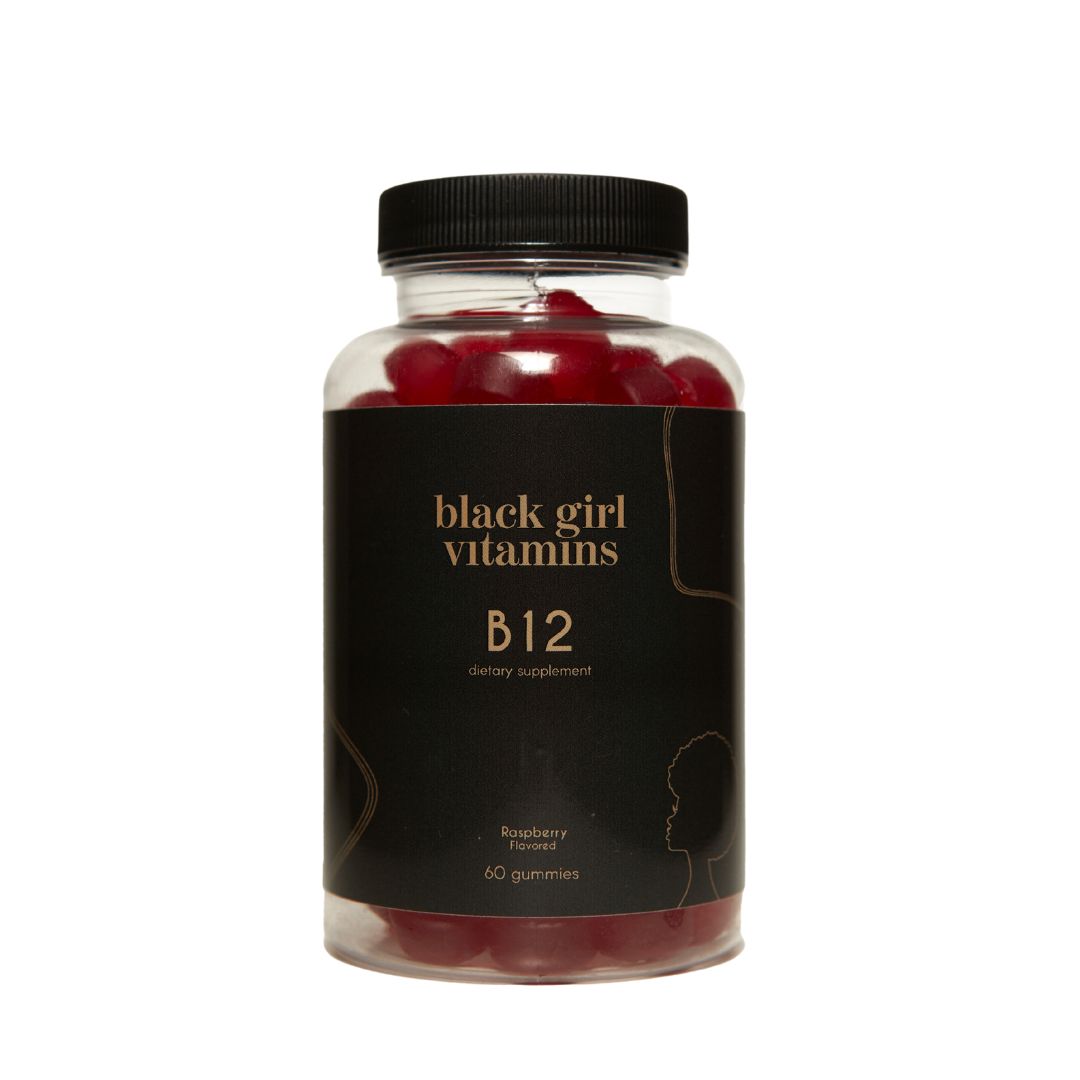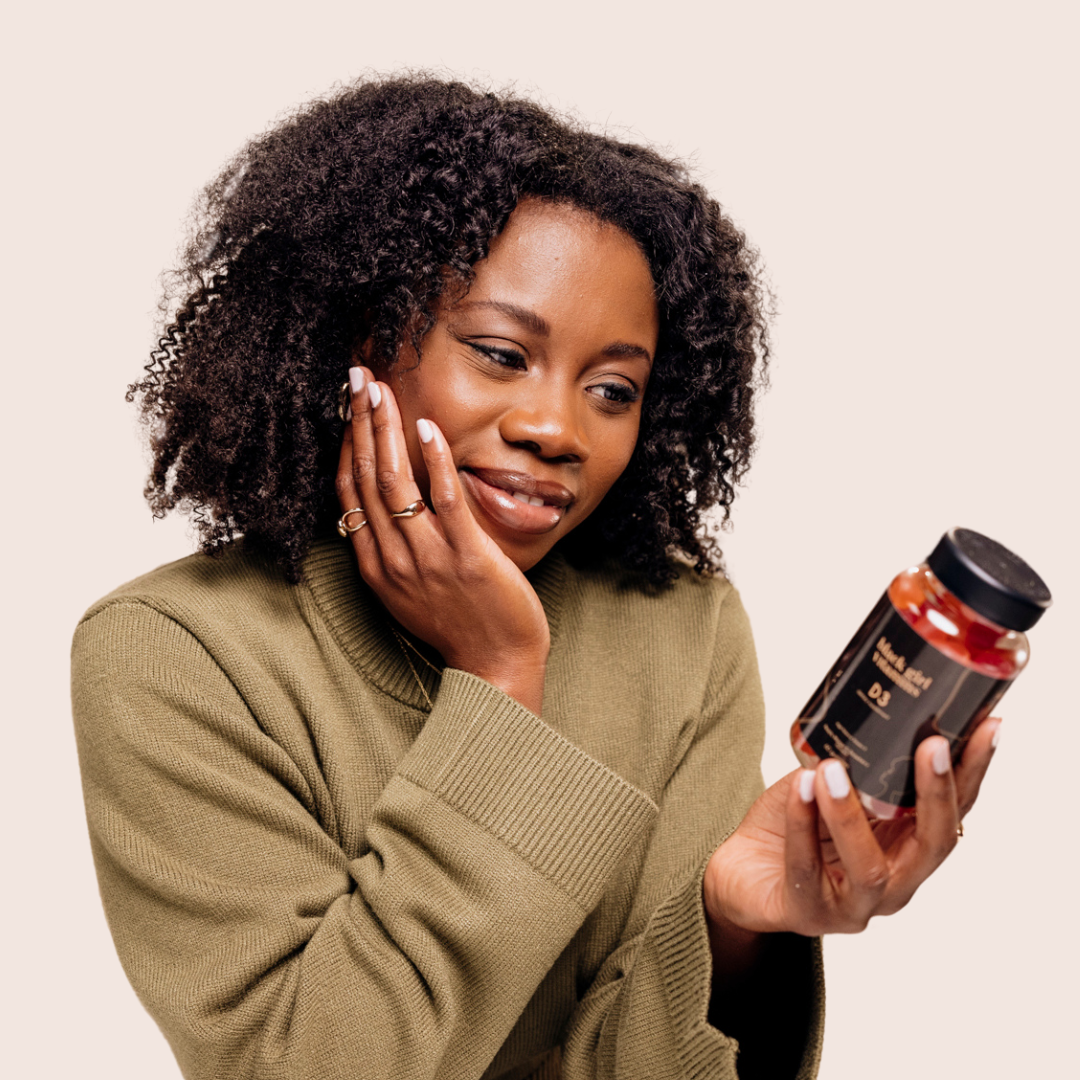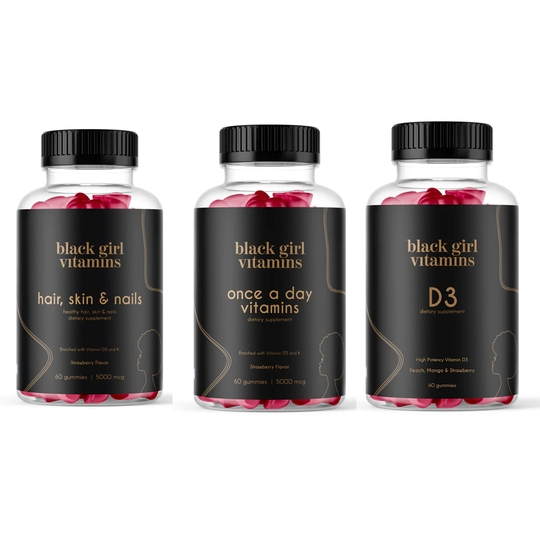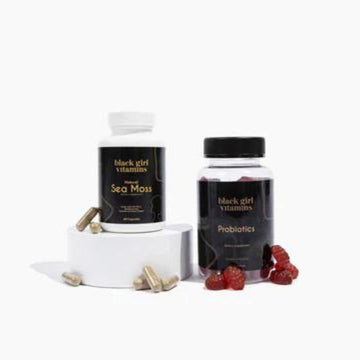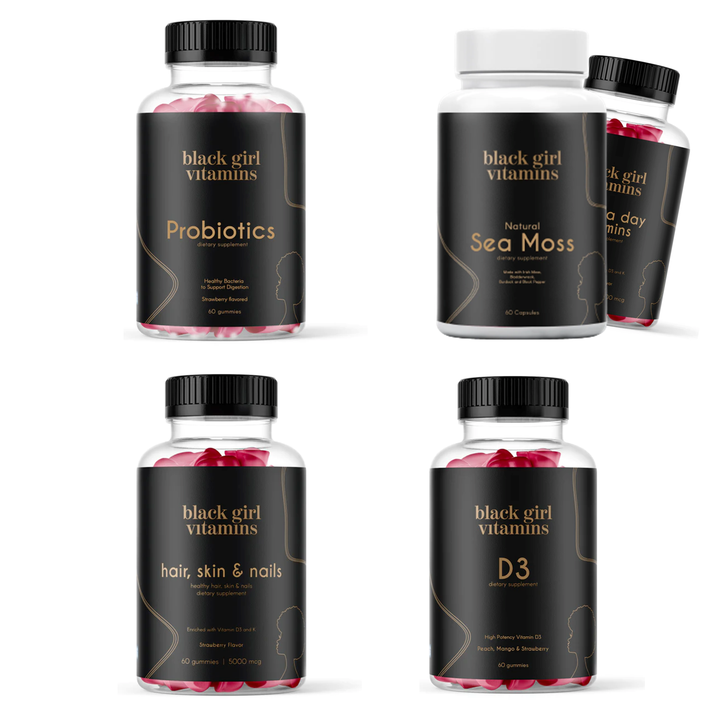Debunking Common Myths About Black Women's Health
For generations, harmful health myths about Black women have shaped both medical care and cultural attitudes. These misconceptions not only misrepresent the truth but also contribute to serious health disparities by minimizing the unique needs of Black women.
Black Girl Vitamins exists to confront these myths head-on. By combining representation, advocacy, and doctor-backed education, the brand is rewriting the health narrative so that Black women are prioritized, seen, and supported.
Myth 1: Black Women Don’t Experience Pain the Same Way
One of the most damaging myths is the false belief that Black women have a higher tolerance for pain. This misconception has been perpetuated for centuries and still shows up in medical settings today. The result is delayed diagnoses, ignored symptoms, and higher maternal mortality rates.
In reality, Black women feel pain just like anyone else—and dismissing their voices has life-threatening consequences.
-
Studies show Black patients are less likely to receive adequate pain management.
-
This myth contributes to higher rates of misdiagnosis and undertreatment.
-
Advocacy and representation in medicine are crucial to dismantling this bias.
Myth 2: Strong Black Women Don’t Need Rest or Support
The “Superwoman Complex” suggests that Black women must always be strong, selfless, and tireless. While rooted in resilience, this stereotype pressures women to ignore self-care, increasing the risk of burnout and chronic stress.
Wellness equity means shifting this narrative. Black women deserve rest, joy, and support just as much as anyone else.
-
Chronic stress weakens the immune system and worsens health disparities.
-
Self-care is not indulgence—it is necessary prevention.
-
Prioritizing rest challenges harmful cultural expectations.
Myth 3: All Supplements Work the Same
Another common misconception is that mainstream supplements are “one-size-fits-all.” The truth is that most were not formulated with Black women in mind. Higher rates of vitamin D deficiency, anemia, and heart disease mean that generalized solutions often miss critical needs.
Black Girl Vitamins was created to challenge this myth, providing clean, effective supplements designed specifically for melanin-rich bodies.
-
82 percent of Black women are vitamin D deficient.
-
Black women are three times more likely to experience anemia.
-
Supplements made without cultural specificity fail to address these gaps.
Myth 4: Black Women’s Health Concerns Are Secondary
Too often, the broader health conversation sidelines Black women’s experiences. From clinical trials that underrepresent women of color to wellness campaigns that ignore cultural context, this myth reinforces systemic inequities.
Centering Black women in the health conversation ensures that solutions reflect real needs, not assumptions. Equity in healthcare benefits everyone, but it starts with acknowledging those most impacted by disparities.
-
Clinical research frequently underrepresents women of color.
-
Public health campaigns often ignore cultural nuance.
-
Equity-focused brands and providers help shift the narrative.
Rewriting the Narrative
Health myths about Black women are more than misunderstandings—they are barriers to equitable care. By debunking these myths, the wellness industry can replace bias with truth, silence with advocacy, and neglect with representation.
Black Girl Vitamins stands at the forefront of this movement, empowering Black women with supplements, education, and a sisterhood dedicated to rewriting wellness from the inside out.
Dispelling myths is not just about correcting misinformation—it is about creating a culture where Black women are heard, respected, and prioritized in every health conversation.
Black Girl Vitamins invites every Healthier Melanated Queen to reject harmful myths and embrace wellness rooted in truth, representation, and advocacy. Discover clean, doctor-backed supplements made for Black women at blackgirlvitamins.co.





